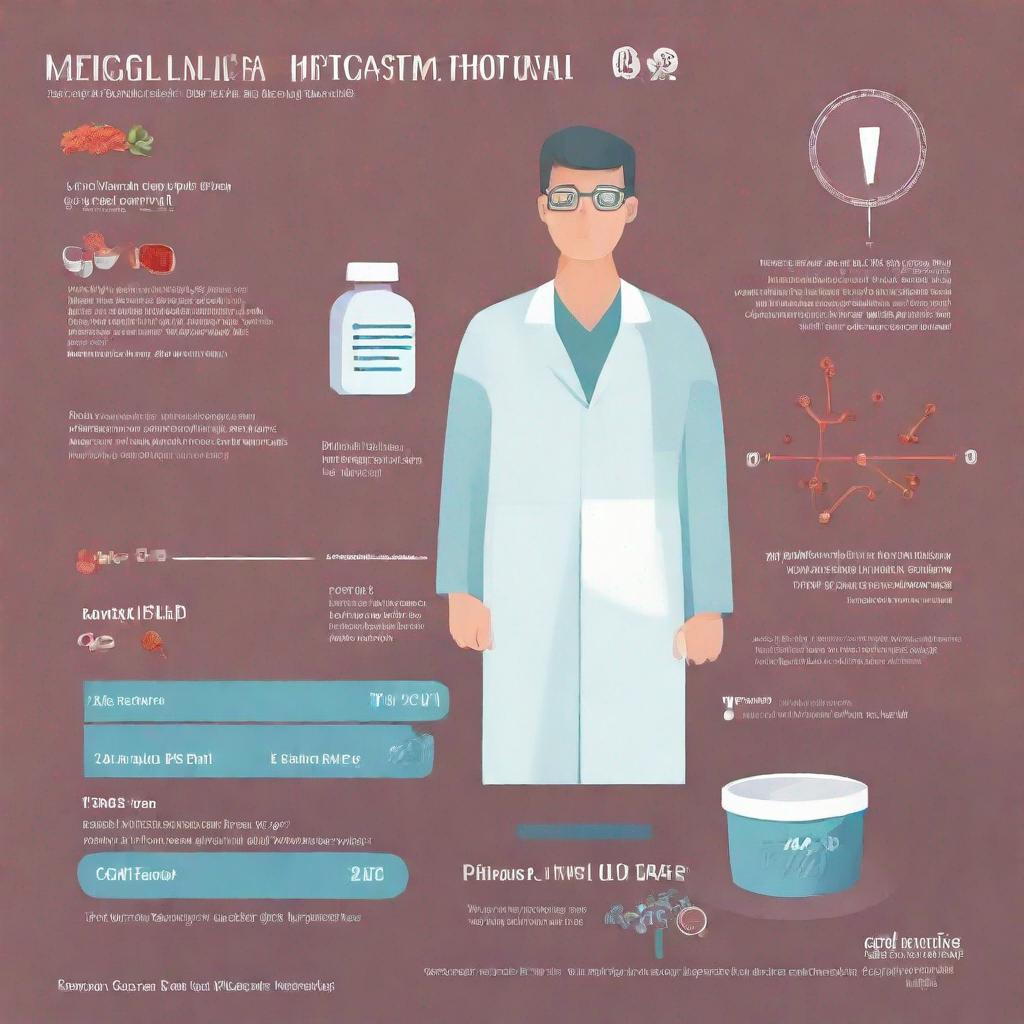## C-Reactive Protein (CRP) Test: A Comprehensive Guide
### Introduction
C-reactive protein (CRP) is a blood test that measures the levels of a protein produced by the liver in response to inflammation. It is a sensitive indicator of systemic inflammation, which can be caused by infections, autoimmune diseases, and other conditions.
### Procedure
The CRP test is typically performed as a routine blood test. A blood sample is drawn from a vein in the arm and sent to a laboratory for analysis. The test can be performed in two ways:
* **Quantitative C-reactive protein test:** This measures the exact amount of CRP in the blood.
* **High-sensitivity C-reactive protein test (hs-CRP):** This is a more sensitive test that can detect lower levels of CRP.
### Diagnosis
CRP levels can help diagnose or monitor a wide range of conditions, including:
* **Bacterial infections:** Pneumonia, sepsis, meningitis
* **Viral infections:** Influenza, COVID-19
* **Autoimmune diseases:** Rheumatoid arthritis, lupus
* **Inflammation:** Inflammatory bowel disease, pancreatitis
* **Cancer:** Some types of cancer, such as lung and colon cancer
* **Cardiovascular disease:** Heart attack, stroke
* **Diabetes:** Type 2 diabetes
### Importance
CRP testing is important because it:
* **Indicates the presence of inflammation:** High CRP levels are a sign that the body is fighting an infection or other inflammatory process.
* **Assesses disease severity:** The higher the CRP level, the more severe the inflammation is likely to be.
* **Monitors treatment response:** CRP levels can be used to track the effectiveness of treatments for inflammatory conditions.
* **Predicts cardiovascular risk:** Elevated CRP levels have been linked to an increased risk of heart disease and stroke.
### Alternatives
Other tests that can assess inflammation include:
* **Erythrocyte sedimentation rate (ESR):** This measures the rate at which red blood cells settle in a test tube.
* **Procalcitonin:** This is a hormone that is produced by the thyroid gland in response to bacterial infections.
### Preparation
No special preparation is required for the CRP test.
### Duration
The test itself takes only a few minutes. Results are typically available within a few hours.
### Recommendations
In addition to the CRP test, other relevant tests that may be recommended include:
* **Blood culture:** To identify specific bacteria causing an infection
* **Imaging studies (X-rays, ultrasound):** To visualize inflammation or infection in specific organs
* **Biopsy:** To examine tissue samples for signs of inflammation or disease
### Conclusion
The CRP test is a valuable tool for diagnosing, monitoring, and managing a wide range of inflammatory conditions. It is a simple and reliable test that can provide important information about the body’s response to infection and inflammation.



